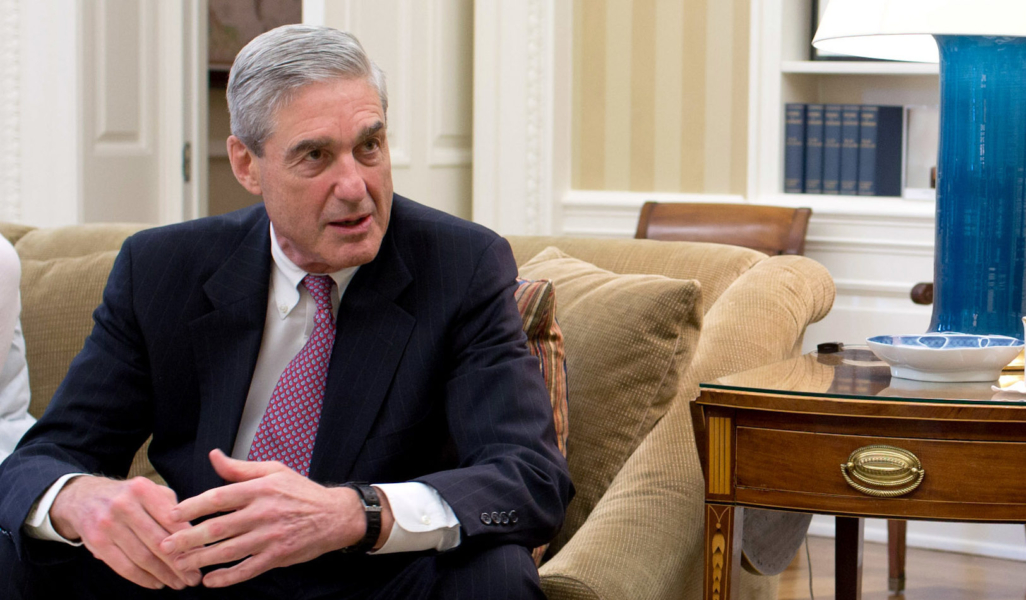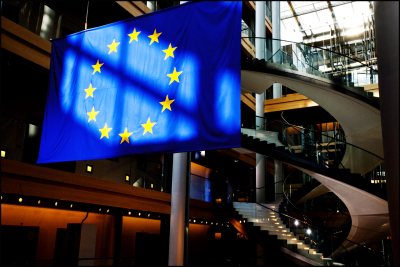The investigation led by special counsel Robert Mueller, tasked with uncovering Russian interference in the 2016 US Presidential elections, exposes the risk of foreign influence in the EU. Involving former European heads of governments, secretive lobby organisations and dirty money channelled into national politics, Mueller’s indictments paint a worrying picture of Europe’s weaknesses to covert efforts to influence decision-makers and subvert public opinion.
At the heart of the ongoing scandal lies Paul Manafort, the former chairman of Donald Trump’s presidential campaign. His indictment offers a glimpse into a multi-million dollars’ campaign to lobby the EU on behalf of the former Ukrainian President Viktor Yanukovych and his pro-Kremlin Party of Regions. Seemingly designed to quell wide-spread misgivings about the autocratic tendencies of the former Ukrainian leader, the campaign is suspected of secretly influencing the debate surrounding the EU-Ukraine association agreement in 2012-2013.
One front-group for these activities, the now-defunct European Centre for the Modernisation of Ukraine declared during its brief existence a lobby budget of 50.000€ per year and 3 lobbyists. This is far cry from the 2 million dollars that have been channeled from the Ukrainian government to allegedly hire three former European heads of government using their networks and influence to covertly grant a modicum of respectability and trustworthiness to Mr. Yanukovych. The case highlights once again the inadequacy of EU lobbying rules, both in terms of transparency and ability to verify the adequacy of information disclosed.
Current EU rules on lobby transparency do not consider the activities of third-country governments as lobbying. The proposed new “mandatory EU Transparency Register” does not fix this loophole – something we had already recommended in 2015 – indeed it instead creates further exceptions for sub-national public entities. In any case, member state governments are reluctant to include any interesting parts of the Council (Permanent Representations, Ministers) that play a particularly crucial role on foreign affairs, security policy and sanctions.
At the national level, a patchwork of weak and insufficient rules means that the doors are wide open for undue influence. Only 8 of 28 EU member states have a lobby register and those that do are mostly inadequate. European governments appear woefully unprepared to tackle the issue of covert foreign influence in shaping decisions. In the meantime, public officials and elected representatives lack even basic information on who is seeking to shape their perceptions.
Other cases of covert foreign influence, such as the Azerbaijani laundromat case, demonstrate that it is high-time for EU leaders to become serious about safeguarding our democratic system from political corruption and undue influence – whether foreign or domestic. Combined with the increased use of social media to sow distrust and nurture discontent, there are far too many avenues within the EU through which foreign interests can hide their true intentions. Whether it is through lobbying, political party finance or, as highlighted once again by the US indictment, through the revolving door, each of these pillars must have adequate regulation in place for the whole system to function properly and for our democracies to be free of undue influence.






